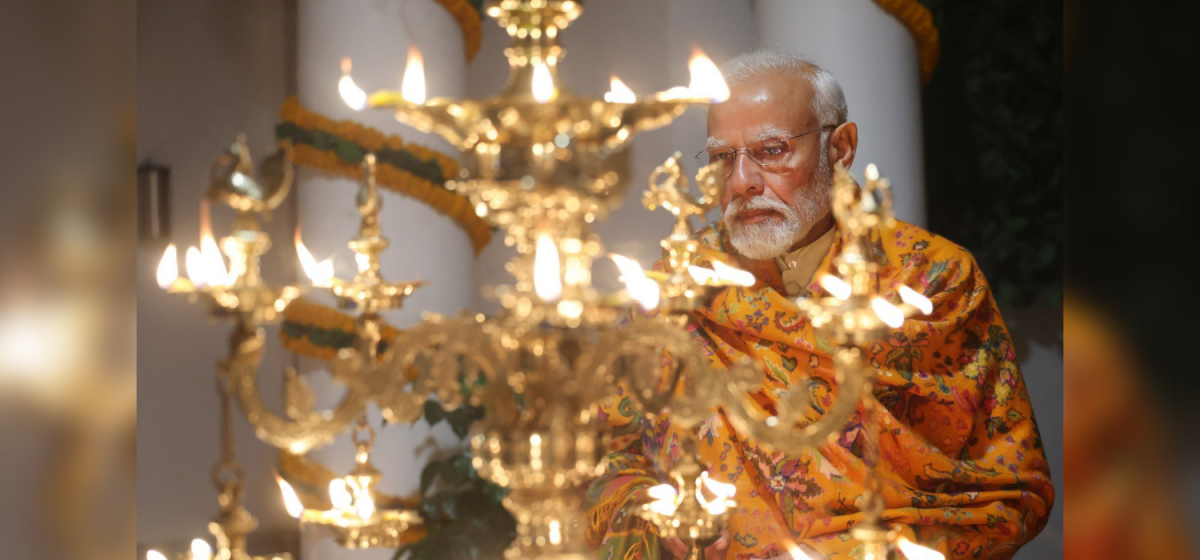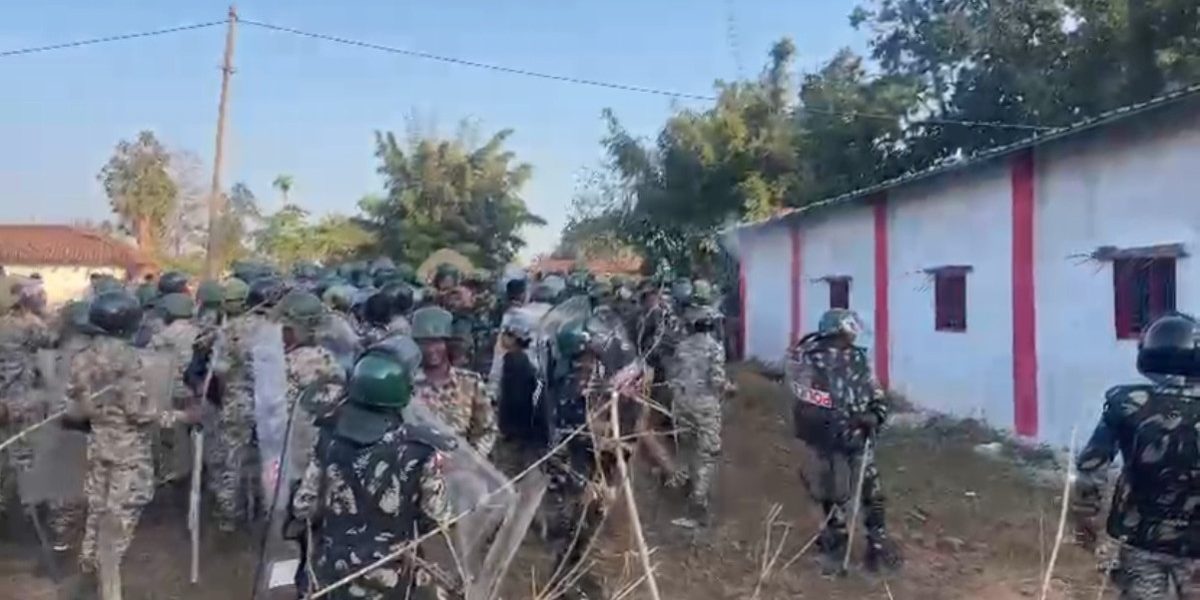
One year after the Ram temple in Ayodhya was consecrated by prime minister Narendra Modi in his embodiment of the chief priest of a Hindu State, there is no sense of ‘closure’ to the political narrative – running unceasingly since the mid-1980s – which tore India asunder besides propelling the Bharatiya Janata Party to its domineering position.
The absence of a ‘full stop’ to the mosque-temple dispute is in sharp contrast to the words of reassurance that Modi uttered last year after performing the religious rituals, that the inauguration of the (partially constructed) Ram temple was “not only an opportunity of victory but also of humility.”
Not only was the humbleness, that the prime minister so categorically pledged, absent in even several of his election speeches over the past year, but it is also conspicuously missing in innumerable assertions of many of his party colleagues, most notably chief minister of Uttar Pradesh, Adityanath.
Quite clearly, the ‘resolution’ of the Babri Masjid-Ram Janmabhoomi imbroglio with the Ram temple’s portals being thrown open to devotees did not mark “a moment of realisation of the maturity of Indian society.”
Instead, the ‘movement’ continues sans humility and with the same ferocity that was its hallmark ever since the issue was patronised by the Sangh parivar from the mid-1980s.
In November 2019, those dismayed at the Supreme Court’s Ayodhya judgement took solace at the underlying message of the verdict: that the grant of the disputed site to the Hindu party to construct a temple safeguarded other places of worship from demands to alter their character.
This underlying message was based on the permanence of the Places of Worship (Special Provisions) Act 1991. The five judges who appended their signatures to probably the most awaited judgement of this era, also affirmed that the law, passed when the P.V. Narasimha Rao government was in office, “protects and secures the fundamental values of the Constitution.”
This story was originally published in thewire.in. Read the full story here.





